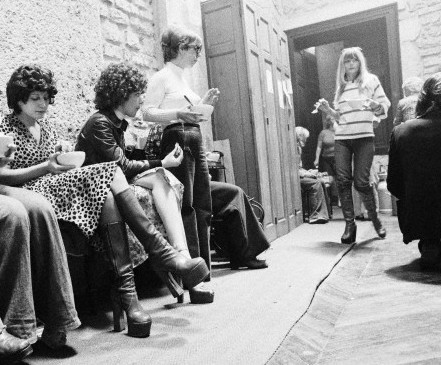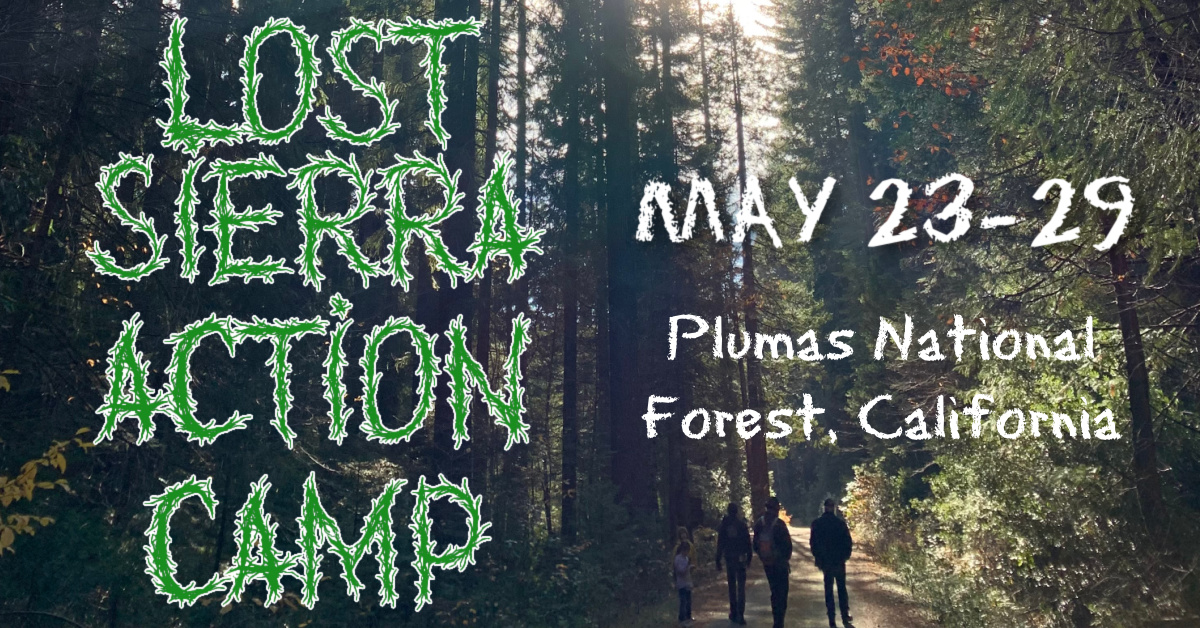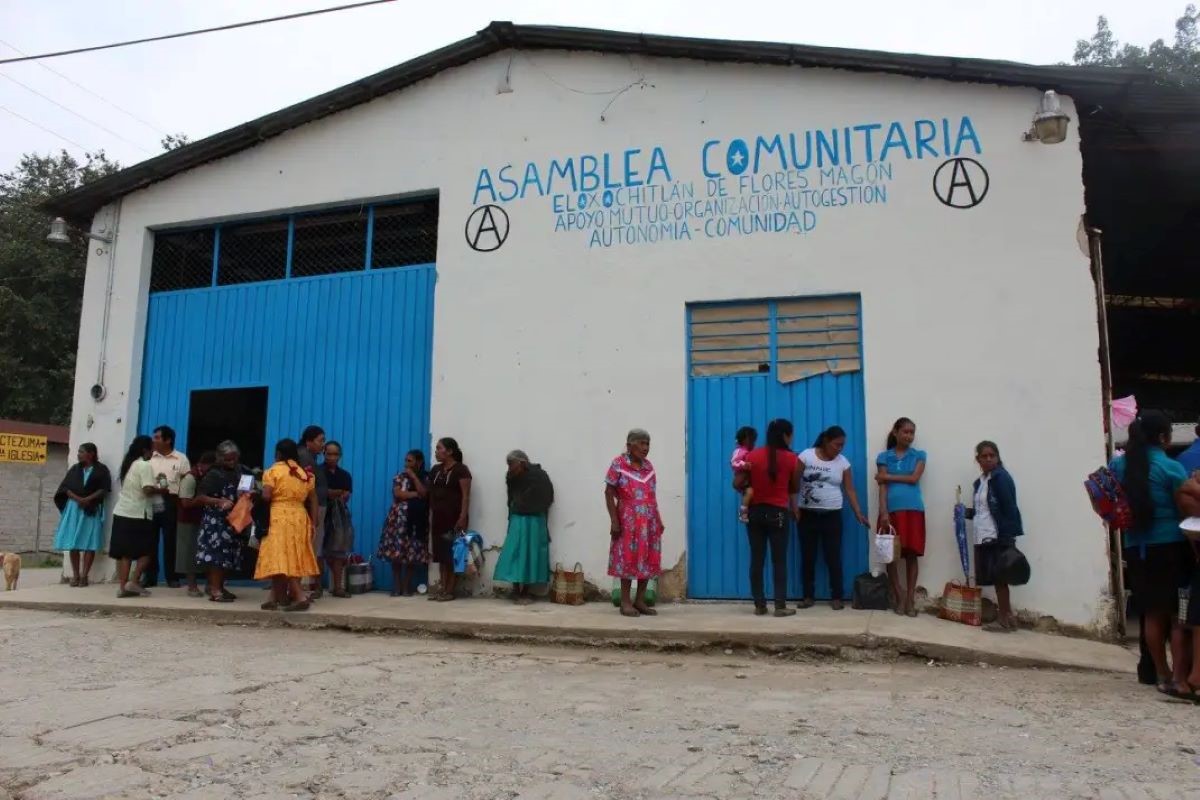Filed under: Anti-Patriarchy, History, Radio/Podcast, US

The Belli Research Institute returns with a brand new podcast.
Listen and Download HERE
We’re very excited about this one as we continue experimenting with new and creative ways to communicate.
This episode is in the format of a “whores’ dialogue”, an old pornographic literary form typically in which an older, more experienced woman educates a naive younger woman on manners of the wise—usually with a good dose of anti-clericism, humiliation of authorities, challenging social norms and other whores’ philosophizing stuff.
We release this in the warm waves following major celebrations, wakes, and actions in the U.S. for the June 2nd International Whores’ Day. Listen here or subscribe and download wherever you get your podcast.
International Whores’ Day, June 2
For those curious, International Whores’ Day commemorates when over 100 prostitutes occupied a church in Lyon in 1975. The community was facing repression from French police, forcing them to work more in dangerous secrecy that resulted in at least two murders in their community as well as many of their friends facing steep citations for “acting in a manner that promoted debauchery”. They went on strike and occupied the St. Nazier church for 8 days before police forced them out.

we have come to eat at your table
at st. nizier.”
A century earlier, prostitutes in Victorian England were known to make a raucous as well. Victorian prostitutes would often organize a “charivari” when their livelihood was challenged by the reformers and eugenicists. The “charivari” was a traditional protest, as old as the Middle Ages, in which the concerned would wear strange masks and have a mock parade, burning effigies and making “rough music” or a “rin tan tin”. We are inspired.

The organizing and actions of sex workers are not “unlikely” political engagement, as authors who would like to diminish the power of sex workers say. Some historical descriptions of the life of Victorian prostitutes (intended of course to paint them badly) described them as living communistically and living from a “mutual purse” to cover each others’ medical expenses and bail fees. The assumption that prostitutes are clueless, apathetic, apolitical, unethical or self-absorbed is an ahistorical, misogynistic, femme-phobic and white-washed one that frequently appears across the political spectrum. For many sex workers it is our politics that lead us to choose sex work. For many sex workers it is our way of life, not a political identity, that challenges normativity and respectability.
Sex workers coming together (no pun intended) is never just about work, but about challenging police, prisons, respectability, transmisogyny, ableism.

We have noticed in most responses to FOSTA and SESTA and the wave of censorship and surveillance crudely following the passing of these bills an assumption that the dangerous ramifications for sex workers are “unintended consequences.”
Our hope for this episode is that it might convey how the surveillance of sex workers is regretfully nothing new and, furthermore, how “progress” has done nothing in support of sex workers but reshape the laws, language, and forms of policing sex work. One of the first actions of the newly founded FBI, for example, was to start a database of “known prostitutes”. We believe it is crucial to participate in this moment of visibility and destigmatization of sex work but also recognize at what cost visibility comes and therefore wish to move forward carefully. FOSTA and SESTA emerge from centuries of work by social reformers, moral hygienists, law enforcement and, yes, white feminists who have repressed and do repress the agency of prostitutes.

Consider this episode a condensed and creative non-fiction history lesson on anti-trafficking projects: from the 1880s myths of white slavery to the 1980s peak anti-prostitution feminisms to today. Think greasy muslin bralettes and shredded lace culottes.
With ❤ to our listeners and to whores across the world,
—BRI, the tinkerers of The Underbelli, Tullia and Madame Rosa





